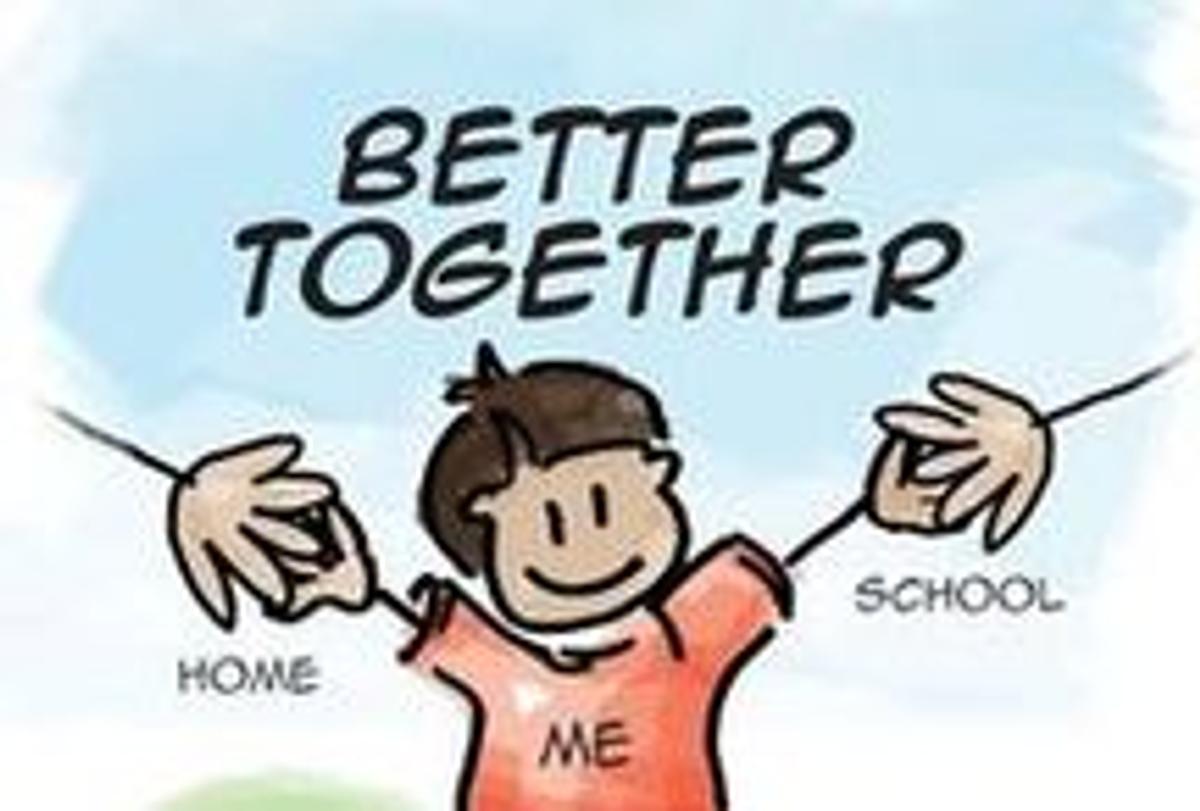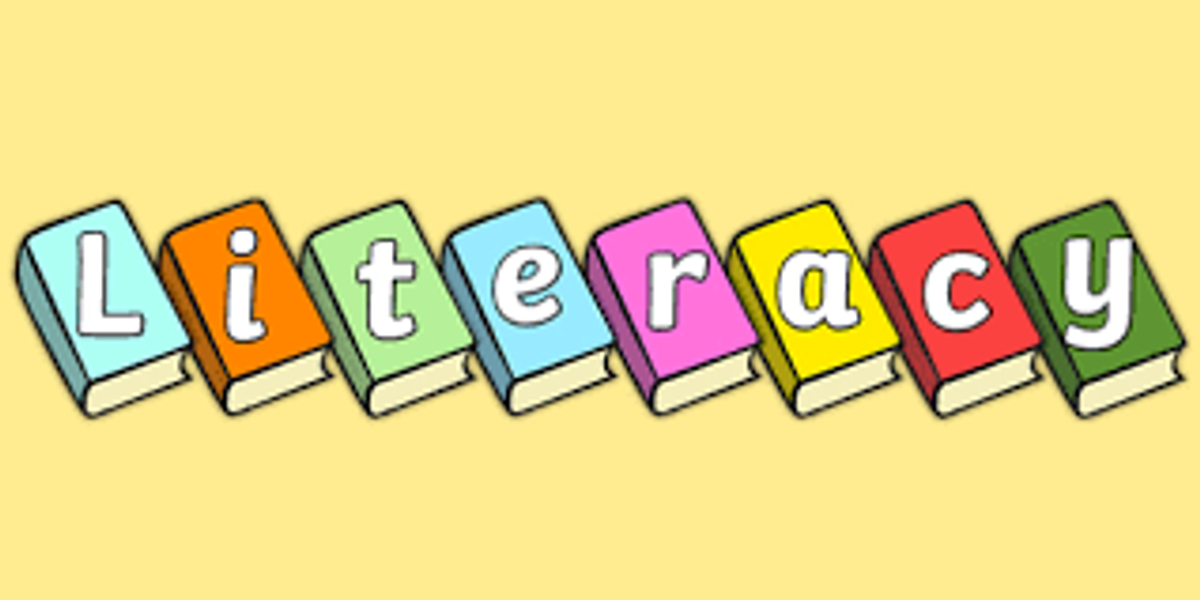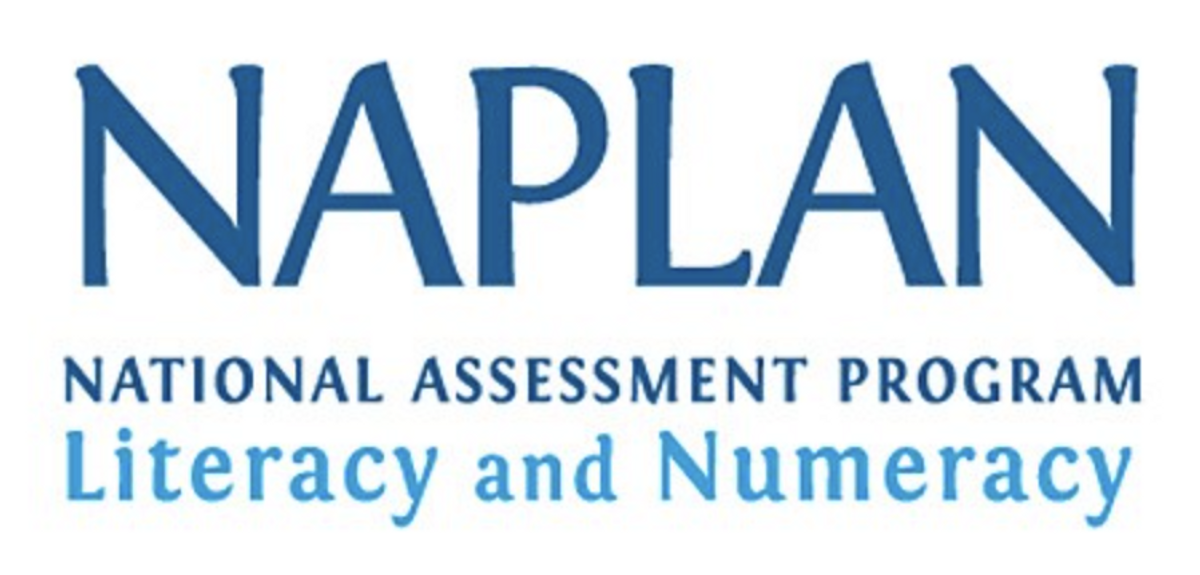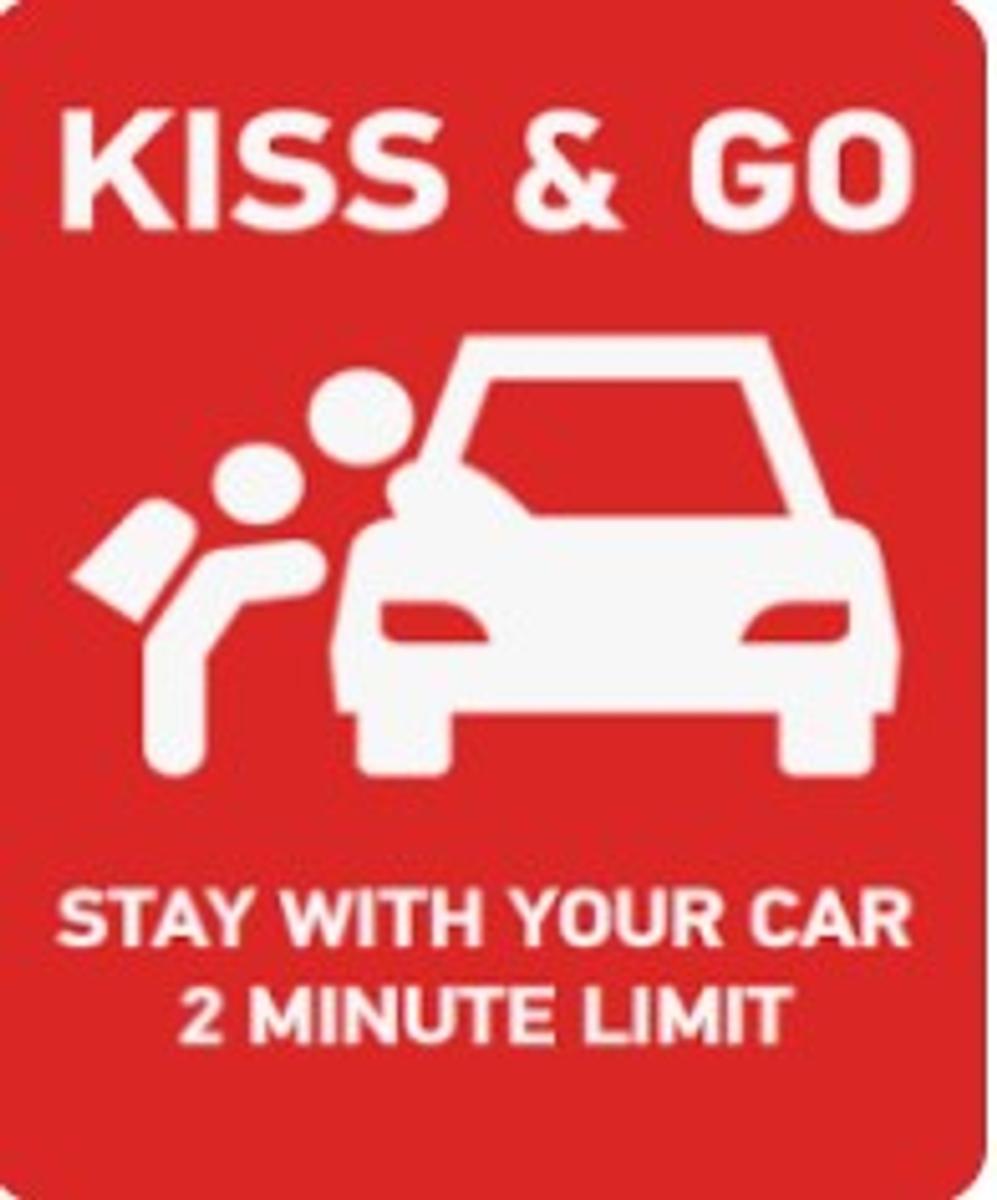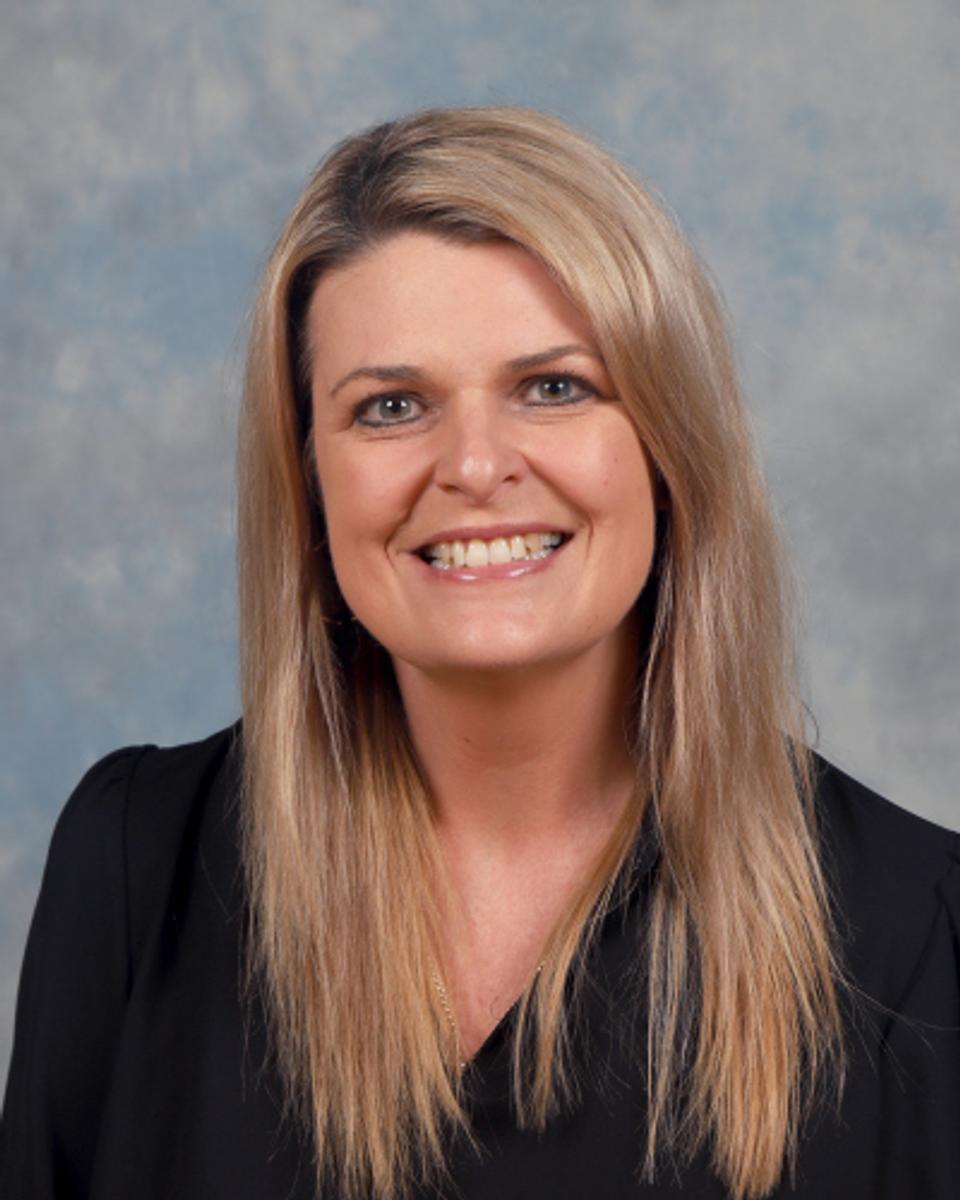Teaching and Learning
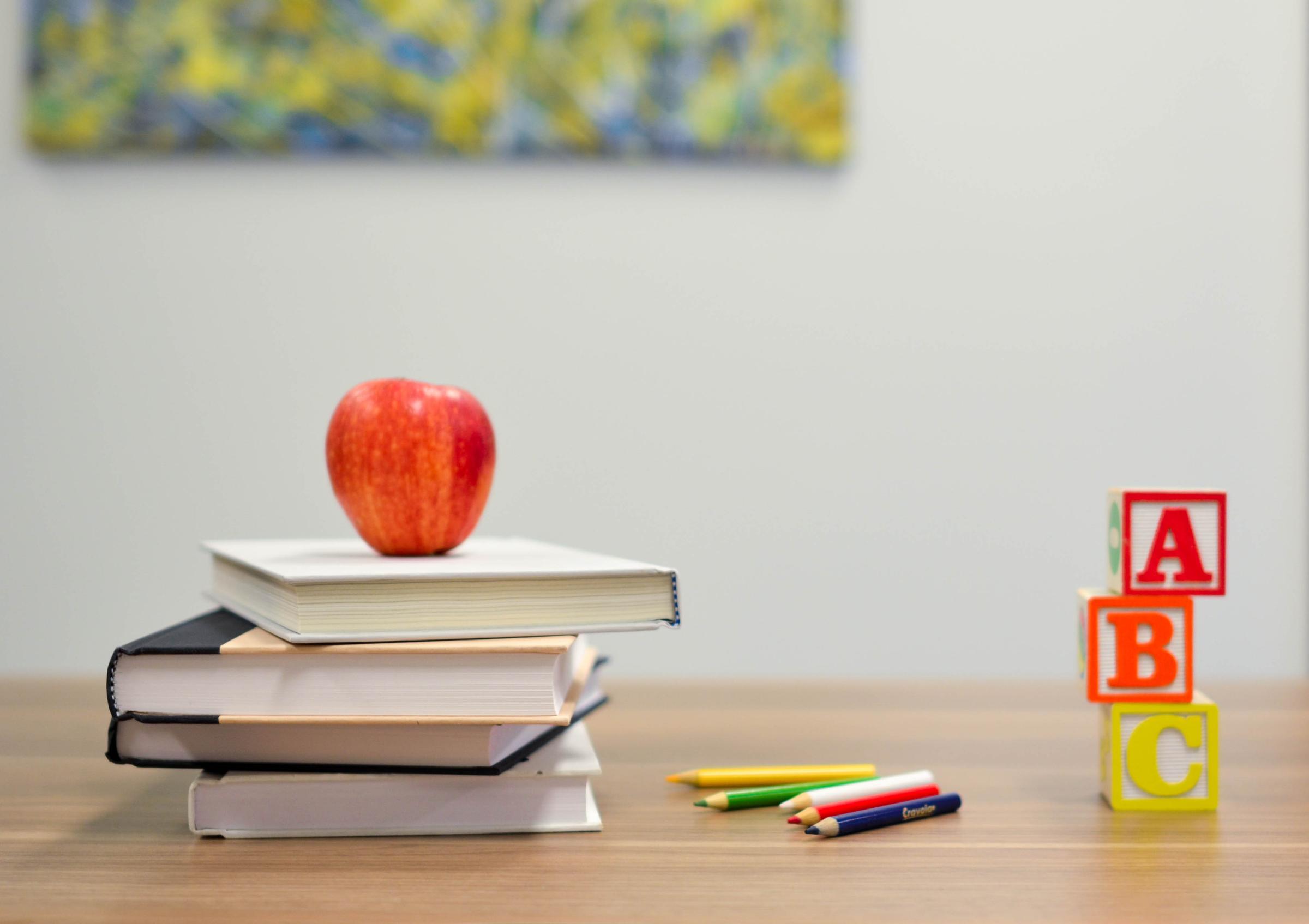
Supporting your child's learning
At Rangeview, we are so proud of the partnership we have with our families to provide the best possible learning and wellbeing outcomes for our students.
Children’s education begins from birth, with parents/carers as their first educators and role models. Throughout their school years, children and young people spend less than twenty percent of their waking hours at school. Families play a critical role in providing a learning bridge between school and the home, and vice-versa. Families can nurture positive attitudes toward learning in their children and build their children’s confidence as learners.
Literacy
Families play a key role in developing a child’s language and literacy skills from birth. A child’s understanding of the world and their capacity to learn is greatly influenced by how much their family values their literacy skills.
Some important information for parents and carers to consider:
• Children who start school with greater literacy skills perform better in school, and not just in language-based subjects like English.
• Literacy in the early years is a range of different activities and forms of communication, including music, movement, dance, storytelling, visual arts and drama, as well as talking, viewing, reading, drawing and writing. It is never too early to read to your child.
• Oral language skills are an important predictor of reading and writing skills, so the better your child can speak, the better their overall literacy skills will develop. Talk as much as you can with your child and engage them in conversation often.
• Literacy in children’s early years can always be fun. Excursions and playtime are great activities in which to engage and talk with your child. Fun activities are also the best opportunities to teach children new vocabulary and new ways of saying things.
Numeracy
A child’s first years are a time of rapid learning. Research tells us that babies have an innate capacity to understand numbers. As your child’s first teacher, you play a key role in developing their numeracy skills from an early age. Developing numeracy skills early gives children an important foundation for their learning and development. It helps prepare them for daily life, including general problem solving and handling money. Maths includes noticing numbers, shapes, patterns, size, time and measurement.
Incorporating maths into everyday experiences is easy and fun. Maths is everywhere – in the playground, at the shops and at home. Children need lots of experiences in making, counting, drawing and talking about numbers. You may feel the maths your child is doing at their early childhood centre, kindergarten or school is different from how you were taught, but you can still support your child in many ways. Make connections for your child by explaining how numbers and counting are a part of everyday life.
For more information, go to: Literacy and Numeracy Tips to Help Your Child.pdf
Level 6 Camp
This week, our Level 6 students have been at the 5 day Level 6 camp to Coonawarra Farm Resort from Monday 4th March until Friday 8th March.
The camp has provided an exhilarating week of outdoor adventures and challenging activities that build self-esteem, confidence, and teamwork. The camp is set in natural bushland, and the surrounding environment has provided enriching experiences that our students will treasure and recall for years to come.
Our students have been having wonderful time and I would like to thank our dedicated staff and our wonderful parent volunteers for allowing our students the opportunity to experience all that a camp can offer.
NAPLAN 2024
The National Assessment Program - Literacy and Numeracy (NAPLAN) will take place in Week 7 and 8 of Term 1 for our Level 3 and Level 5 students.
NAPLAN tests give you information on how your child is progressing against national standards. This information can be used to identify areas in which your child may benefit from additional assistance. NAPLAN does not replace, but rather complements assessments run by your child's classroom teacher throughout the year. NAPLAN results do not measure overall school quality.
The dates for NAPLAN 2024 are:
Wednesday 13th March
9.30-11.00am Level 3 Writing (Paper) 40 mins
12.00-1.30pm Level 5 Writing (Online) 42 mins
Thursday 14th March
9.30-11.00 am Level 5 Reading (Online) 50 mins
12.00-1.30pm Level 3 Reading (Online) 45 mins
Friday 15th March
9.30-11.00 am Level 3 Conventions of Language (Online) 45 mins
12.00-1.30pm Level 5 Conventions of Language (Online) 45 mins
Monday 18th March
9.30-11.00 am Level 3 Numeracy (Online) 45 mins
12.00-1.30pm Level 5 Numeracy (Online) 50 mins
Tuesday 19th March until Monday 25th March 2024
Catch-up tests for any students that were absent on previous days. Wherever possible, schools are required to organise for individual students who are absent at the time of testing to complete missed tests at another time during the test window.
No preparation required
NAPLAN tests are constructed to give students an opportunity to demonstrate skills they have learned over time through the school curriculum, and NAPLAN test days should be treated as just another routine event on the school calendar.
ACARA does not recommend the use of commercial products, such as booklets and practise tests, to help your child prepare for NAPLAN tests. None of the commercial products currently on the market have been endorsed by ACARA. The use of services by coaching providers is not recommended.
Results
Schools generally receive their students’ NAPLAN reports from mid-August to mid-September. The school will notify you when the reports are being sent to your home.
More Information
To find out more about NAPLAN Online, visit https://www.nap.edu.au/naplan .
Safe pick up and drop off vehicle parking
We do recognise that with our school surrounded by houses, drop off and pick up parking is limited, however student safety is paramount and it is important to follow all signage.
- Please adhere to the parking signs.
- Please do not use the school driveway as a pick up or drop off park. We have a number of vehicles that need to enter the car park for disabled access, and we cannot have the driveway blocked at any time.
- Please be respectful of our neighbours and do not do stop vehicles across driveways.
- The 'Kiss & Go' park is for drop off only. Please do not use this as a car park, the driver must stay with the car, allow the student to get out of the car, and then move on.
- Please do not double park, this blocks the road and is very dangerous for students getting out of cars.
We thank everyone for their support with drop off and pick up time.
Kate McLeod
Assistant Principal
Teaching and Learning

